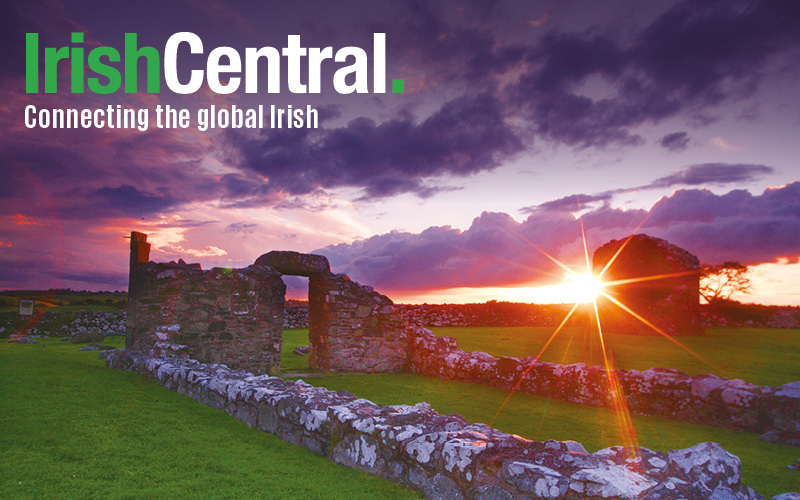The Irish government estimates that there could be up to 30 home-grown Islamic State of Iraq and Syria (ISIS) recruits in Ireland, a reality that is cause for “most serious concern,” Irish Foreign Minister Charlie Flanagan said in New York last week.
During an interview with the Irish Voice on the matter of ISIS in Ireland, Flanagan said the government is alarmed that young people, males in particular, are becoming radicalized.
“It’s essential that the matter be addressed at community level in the first instance by way of information and engagement in the local community. I look forward to a positive engagement of as many countries as possible … that we can have a common approach.”
Flanagan also said it may be necessary to stiffen Irish law to deal with terrorism. “From our perspective it may well require a change in our legislation from a criminal justice point of view,” he said.
Irish jihadists are know to have fougth in the Syrian civil war and in Egypt for the Musiim Brotherhood. Some are now said to be with ISIS along qith other foreign fighters.
Muslim leaders in Ireland have called on their faithful not to take up arms but have complained about radical elelments seeping into ireland via Britain.
While the overall threat of international terror is still considered low in Ireland, the Garda Special Branch Middle Eastern Desk and military intelligence units are re-focusing their efforts on identifying possible “lone wolf” attackers and foreign operatives.
One previous example is Mohamed Meguerba, who was arrested in his native Algeria in 2002 for plotting a ricin attack in London. Meguerba arrived in Ireland in 1997, was radicalized by a cleric in Belfast, and then trained by al Qaeda in Afghanistan.
An Irish Independent article published yesterday noted that a young ISIS fighter who has been posting recruitment messages online and identifies himself as “half Irish, half Nigerian.”
In English, the man explains the most discreet way to travel to Syria; promises free food, weapons and accommodation; and calls jihad an obligation for all Muslims.
With regards to the Irish undocumented and their prospects for legalization, Minsiter Flanagan said he is “disappointed at the slow nature of progress, the fact that commitments were given and expectations that have been harbored over a long number of years have not been met.”
President Obama’s promise to tackle aspects of immigration reform via executive order after the November elections should include a way for the undocumented to participate more fully in American life, the minister added.
“I would be urging the president to introduce reforms that would deal with the unacceptable level of hardship that Irish people have been suffering over a long period of time. The exact nature and format is obviously something to be worked out, but I do believe that it needs to be inclusive … of the right to travel home, freedom of movement, the ability to engage fully in American society. It’s important that progress be made on that.”
While the E-3 visa – a proposal for more than 10,000 yearly work visas for Ireland that is contained in the Senate-approved comprehensive immigration bill – is an Irish government priority, the undocumented are a more pressing need Flanagan maintains.
“I’ll be raising a range of issues, including the E-3 and other temporary visas,” the minister said, “but I believe the most important aspect is to ensure that those people who have been living here a long number of years – many of whom have been living a lie – have relief. And that will require initiative on the part of the U.S. government.”
The approval of a gay group of marchers in next year’s New York City St. Patrick’s Day parade is a welcome development, Flanagan said.
“I believe it’s essential that the parade is a positive expression of inclusivity, that it be a celebration of Irishness and that it’s a national day of fun,” Flanagan said. “I welcome the fact that for the first time there will be a gay involvement.”
The inclusion of only one gay contingent next year – a group of employees from NBC, which broadcasts the march – has touched off some controversy among those who feel that the first gay group should have been Irish. Flanagan said he would welcome further debate on that point.
“If there are consequent issues in terms of organizing further and more inclusive measures then I certainly welcome that,” he added.
“I understand that there is a framework, and while I wouldn’t wish to intervene in that process nevertheless I strongly believe that this parade and indeed all parades should be inclusive.”




Comments